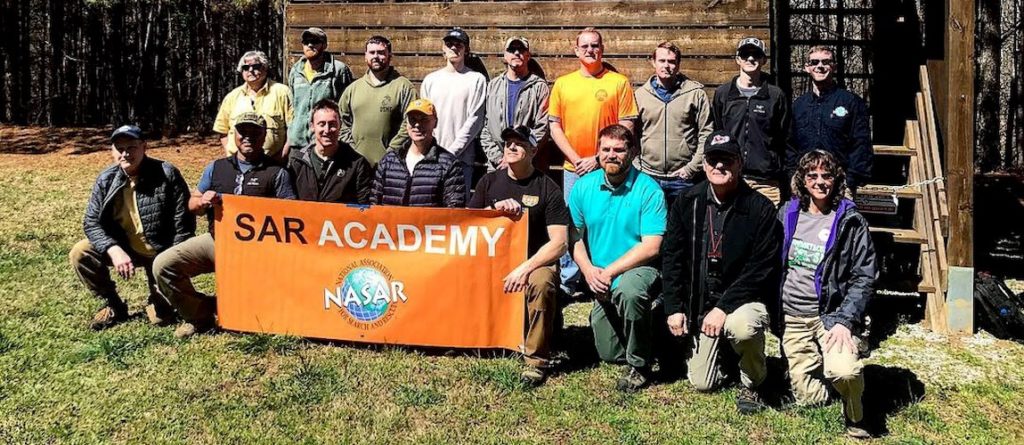

- This event has passed.
Backcountry Swiftwater Rescue
For RAT-SAR members only. You must email Jeff.Randall@ratsar.org to get on the participant list.
Location: Lake James State Park (close to Bridgewater, NC)
Date: August 5-7, 2022
Required Gear: Wetsuit, water boots, class V PFD, helmet and SAR pack
Course Manual: https://www.dropbox.com/s/c1m93j1lo98v6n9/NPS-Swiftwater-Manual.pdf?dl=0
Teex Course: https://teex.org/class/tng80a/
The 2022 RAT Backcountry Swiftwater Rescue course will be held August 5-7, 2022 at Lake James State Park (close to Bridgewater, NC). Tentative plans are to arrive on August 4th and camp at the state park for the duration of the course.
Each student will be responsible for acquiring their own gear for this course (wetsuit, water boots, class V PFD and helmet). We have a limited supply of loaner gear but do not rely on being able to borrow gear. Bring your SAR pack and typical response gear you carry for our normal SAR operations. The class is focused on backcountry response, what to do, what not to do, etc. This is not a fire department swiftwater class where all types of cool gear will be available.
You do not need prior swiftwater skills to participate in this course. This is a sar operations course to train responders for areas that we service, such as back country searches, disaster searches along waterways, etc. The goal of this course is making sure each student walks away with skills to keep them safe while working around these areas. This is NOT going to be a technician level course where we’re jumping into Class V water doing hero work.
The course manual can be downloaded at the following link. We suggest studying this manual before the class. Printed copies will be available at the class. Course manual: https://www.dropbox.com/s/c1m93j1lo98v6n9/NPS-Swiftwater-Manual.pdf?dl=0
We are also requiring that everyone attending take the quick and simple TEEX Swiftwater Awareness course located here: https://teex.org/class/tng80a/ This will allow us to have a common language before the class so we do not have to take extra classroom time on this. The first day of the class will have some classroom time, then we will be in and around the water for the remainder of the class.
We feel this is an extremely important class for what we do. There have been several searches we have been on that rivers and creeks rose and became dangerous while we were on our searches. We need our responders to be able to recognize what they can and CANNOT do while performing their job as backcountry search and rescue techs.
Classroom Lecture (Day 1):
- Swiftwater Hazards
- Cold Water
- Low-head dams
- Entrapments
- Strainers
- Culvert openings
- Low-water Crossings
- Flood debris
- Swiftwater Hydraulics/Hydrology and River Dynamics
- Classifications of River (Whitewater)
- Swiftwater Communications
- Personal Flotation Devices
- Helmets
- Wetsuits
- Dry Suits
- Footwear
- Gloves
- Whistle
- Knife
- Throw Bags
- Line Guns and Launchers
In the Water Practice (Day 2-3):
- Defensive Swimming Technique
- Aggressive Swimming Technique
- Strainer Practice
- Entrapment Rescue Practice
- Contact Rescues
- Ferry Angles
- Rope Throw Bag Rescues
- Wading Rescue (Shallow Water Crossing) Techniques
- Tensioned Diagonals
COVID-19 STATEMENT
As a result of the COVID-19 pandemic, the participation in group activities in which social distancing is difficult, if not impossible, is likely to result in the increased chance of exposure to the virus, which may increase the likelihood of contracting the disease. This exposure is possible through direct contact with other people, proximity to other people, and contact with surfaces that other people have had contact with. By participating in the activities, you represent that you do not have reason to believe that you have contracted the disease, have not experienced symptoms of the disease, or have been diagnosed with the disease. By participating in this activity, you represent that you have been informed of these risks and voluntarily assume the risks of potential infection of the disease. You also understand that there is the possibility that you may transmit the disease to others, even if you do not show symptoms of the disease.

